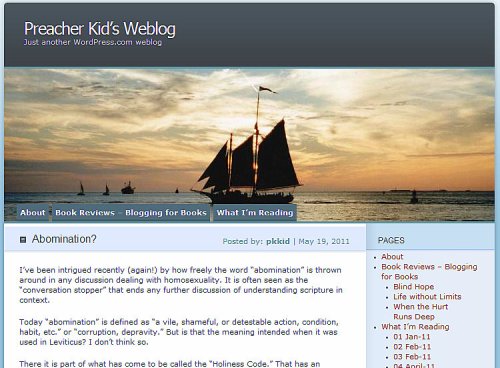This is from The Crooked Line blog. She speaks what I have been thinking the past few days. Here is a small quote, but go read the whole thing on her blog!
I have fewer people to come out to these days, but I have friends and family who are not so lucky. I still have plenty of friends and family who are faced daily – usually multiple times each day – with the exhausting battle of whether or not to come out, how to come out, and to whom. Each decision is freighted with worries that include, “And what if they hate me? And what if they hurt me?”
Even as It Gets Better, it doesn’t necessarily get easier. Kids still get bullied for being suspected of being queer. People are still killing themselves, or being killed, for being queer. Thirteen years ago today, Matthew Shepard died of injuries sustained when two men beat and tortured him for being queer. That seems like only yesterday to me.
So this year I have a different take on National Coming Out Day. For the first time in my life, I am hearing it as an invitation to straight people who are our allies, friends, and families. Because even in a world where more of us can get married, we still have a long way to go until every queer person can live a life of openness and integrity without fear of losing our jobs, our families, our children, our homes, or even our lives.
http://joyhowie.wordpress.com/2011/10/12/come-out-come-out-whoever-you-are/




